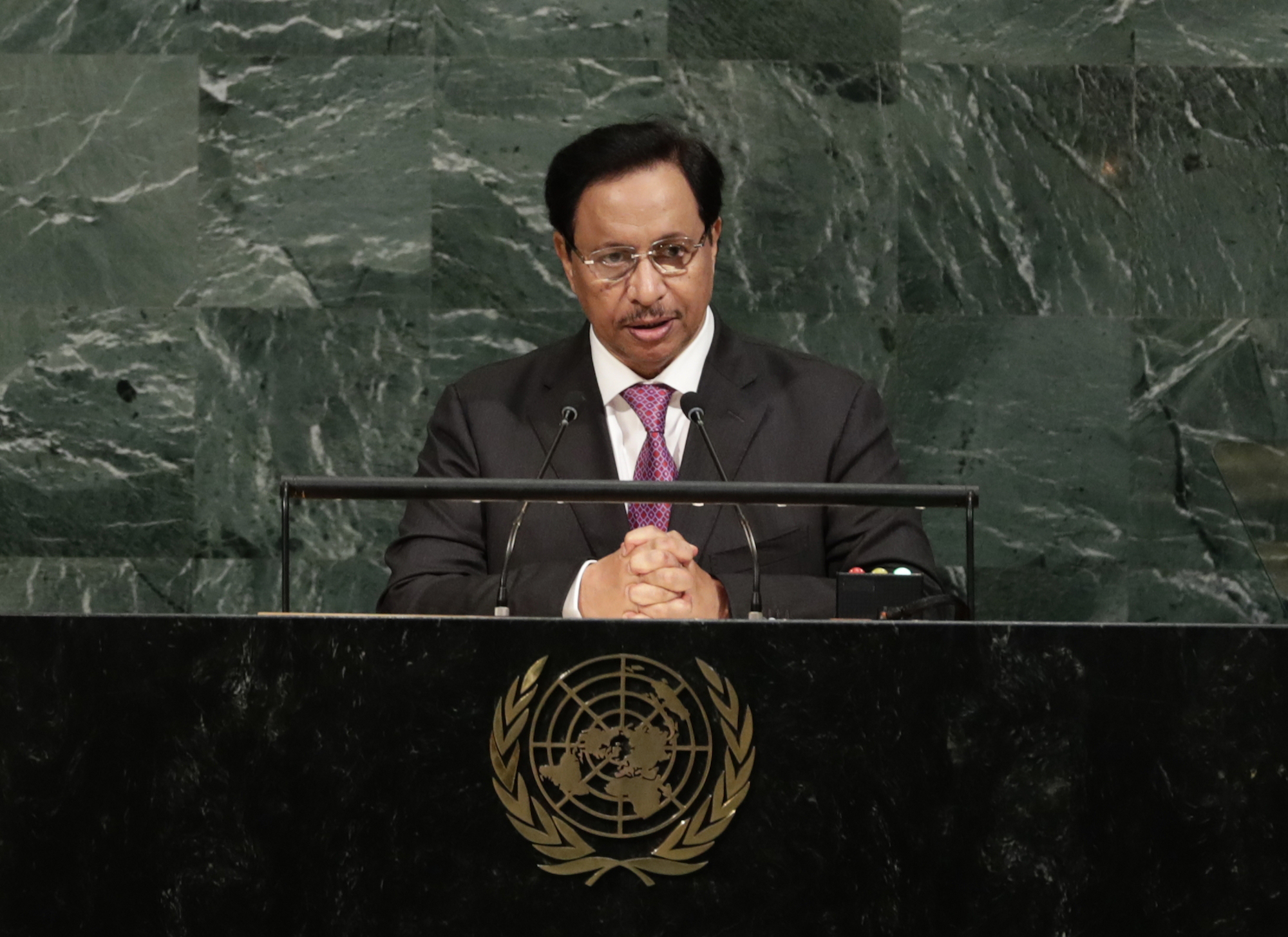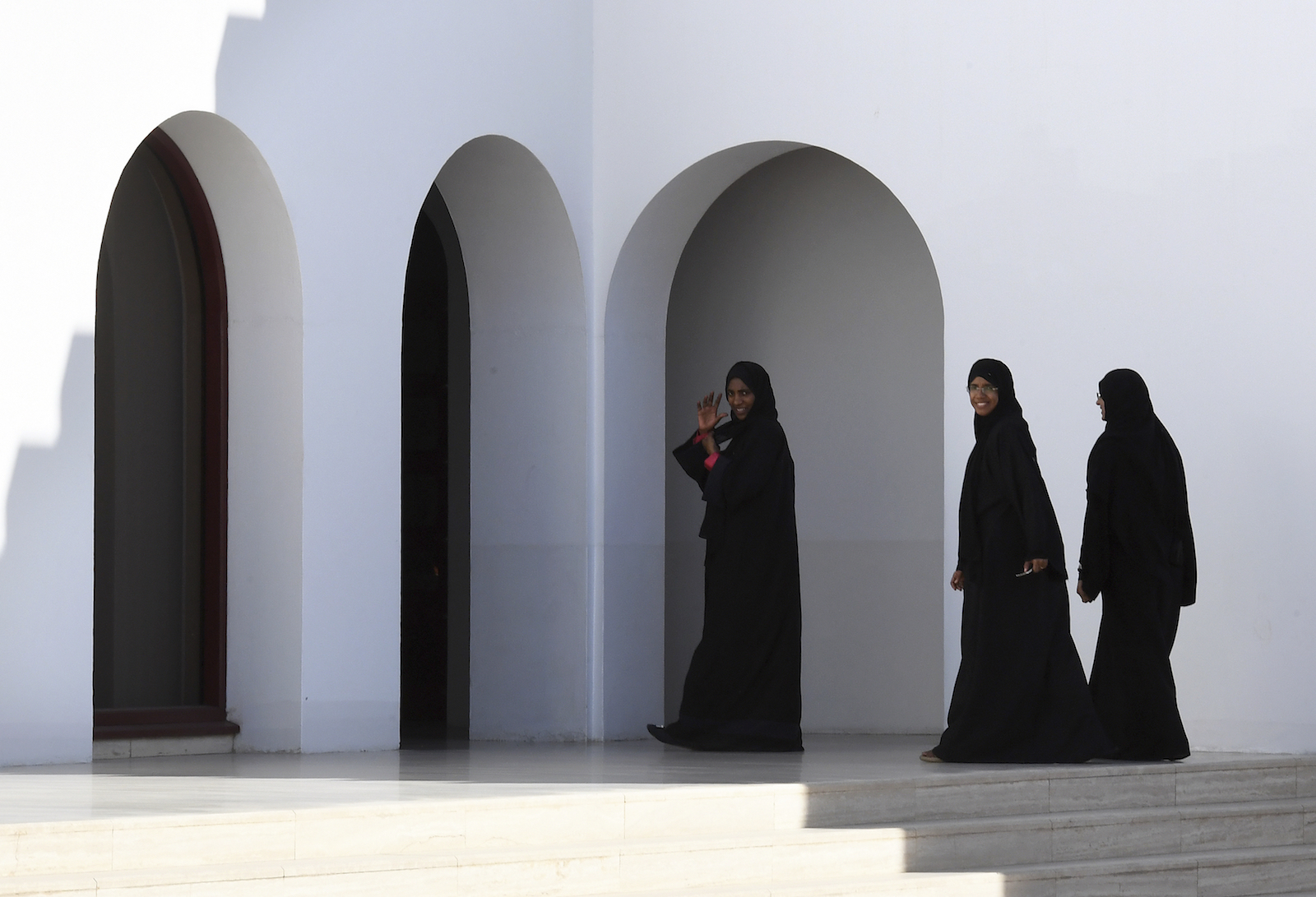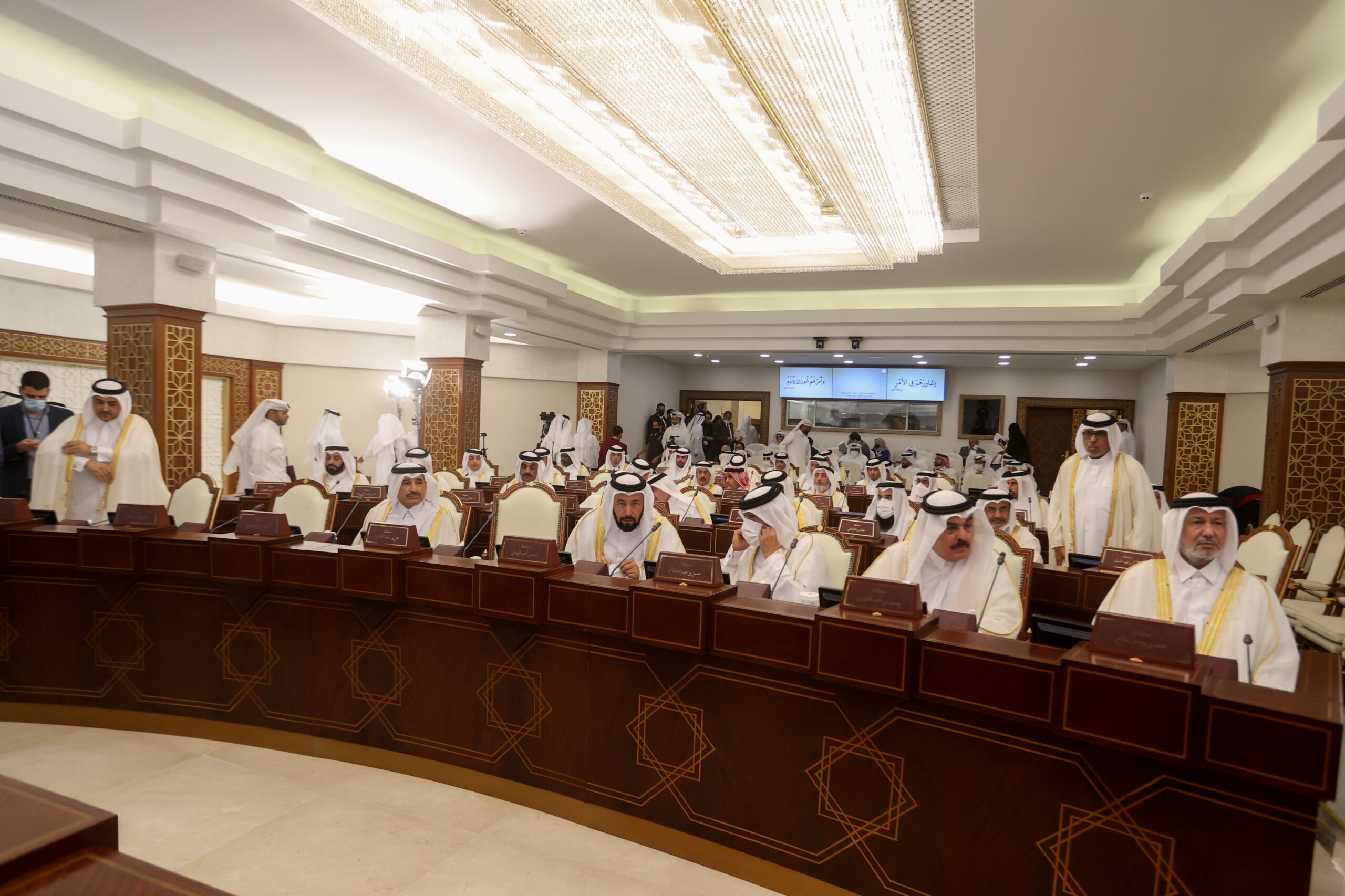Kinship Politics in the Gulf Arab States
This report introduces kinship politics in the Gulf Arab states with an explanation of the origins of kinship-based governance in the region.

Executive Summary
Kinship politics in the Gulf Arab states are often oversimplified. States in the region are not merely “tribes with flags,” nor is kinship in such states a relic of pre-oil politics. Kinship is important to individual identity, the distribution of power and resources within the state, and connections beyond it.
This report introduces kinship politics in the Gulf Arab states with an explanation of the origins of kinship-based governance in the region. Historically, kinship ties were the basis of a sophisticated political system in the Gulf that determined access to power and resources. Differences in these systems created nuanced but important differences in the way these states are governed.
The report then analyzes contemporary kinship politics in the region at the leadership, national, regional, and personal levels. It shows that kinship politics are not a historical relic but rather an integral part of governance in the Gulf Arab states.
Finally, the report recommends that governments inside and outside of the region factor kinship into security, development, and economic policies. Considering kinship politics more directly can better shape outcomes beneficial to the states and people of the region, and their international interlocutors.
The views represented herein are the author's or speaker's own and do not necessarily reflect the views of AGSI, its staff, or its board of directors.












